Latest Announcements
-
Dec 12 2024
The UN General Assembly adopted by consensus on December 12th a resolution to designate August 27th as the World Lake Day. Read more
-
May 05 2024
HELP Principles and Case Studies on the integration of the gray and green infrastructure launched in Bali at The Bandung Spirit Water Summit. Read more
-
May 05 2024
The Bandung Spirit Water Summit was organized in Bali, Indonesia as one of the major events of the 10th World Water Forum. Read more
-
Nov 11 2023
2023 HELP Global Report on Water and Disasters launched in Manila at HELP22 Meeting download
High-level Experts and Leaders Panel on Water and Disasters (HELP)
Water is life. But water is also a threat to life. During the past decade, water-related disasters have not only struck more frequently but have also been more severe, hampering sustainable development by causing political, social, and economic upheaval in many countries. Water-related disasters, such as floods, droughts, storm surges and tsunamis, account for 90% of all disasters in terms of number of people affected.
The issue of “water and disasters” must be addressed if we hope to make sustainable development a reality. We must share our experiences and lessons learned, strengthen regional coordination and collaboration, and set common goals and targets in order to lay a foundation for weathering the water-related disasters to come, and make progress towards creating a better-prepared and resilient society. All these elements should be translated into clear-cut messages and practical advice for decision makers to create effective policies and mechanisms that address water and disaster issues appropriately at all levels.
The High-level Experts and Leaders Panel on Water and Disasters (HELP) was established to assist the international community, governments and stakeholders in mobilizing political will and resources. It will promote actions to raise awareness, ensure coordination and collaboration, establish common goals and targets, monitor progress, and take effective measures aimed at addressing the issues of water and disasters.

